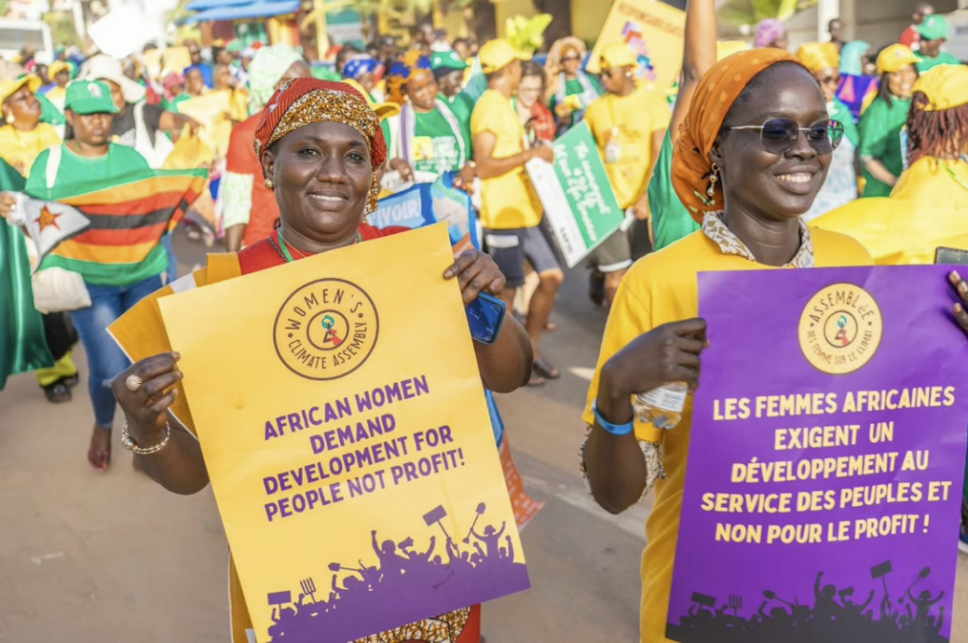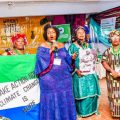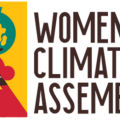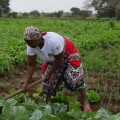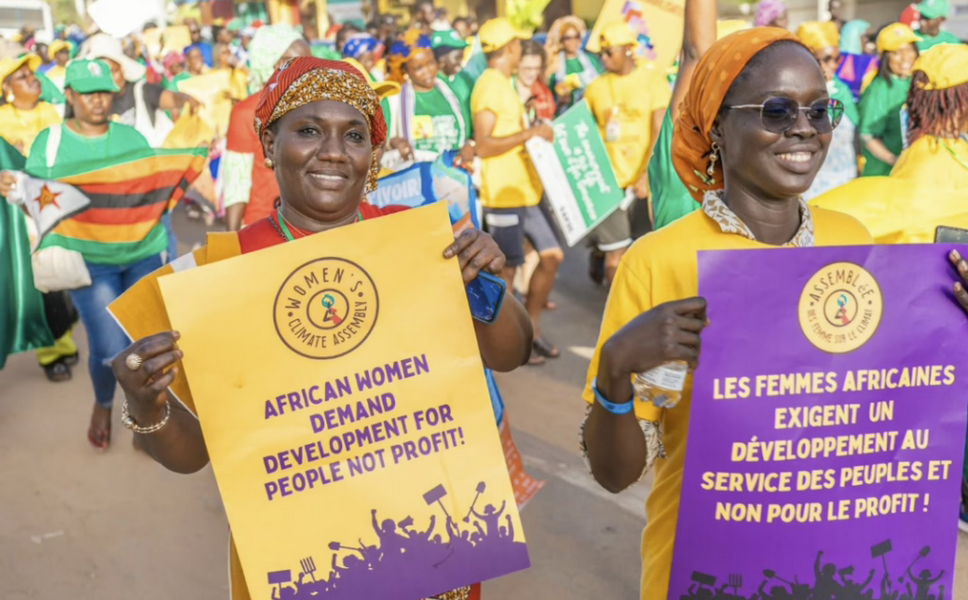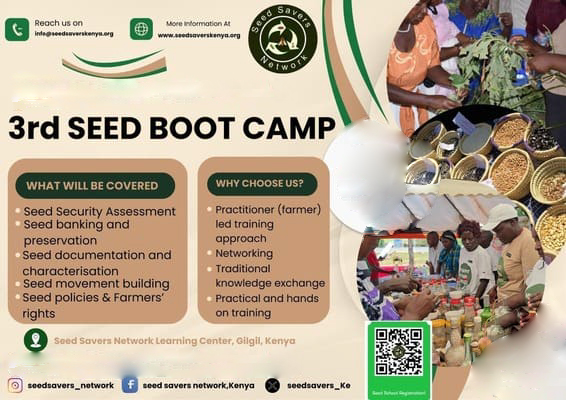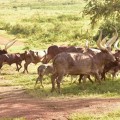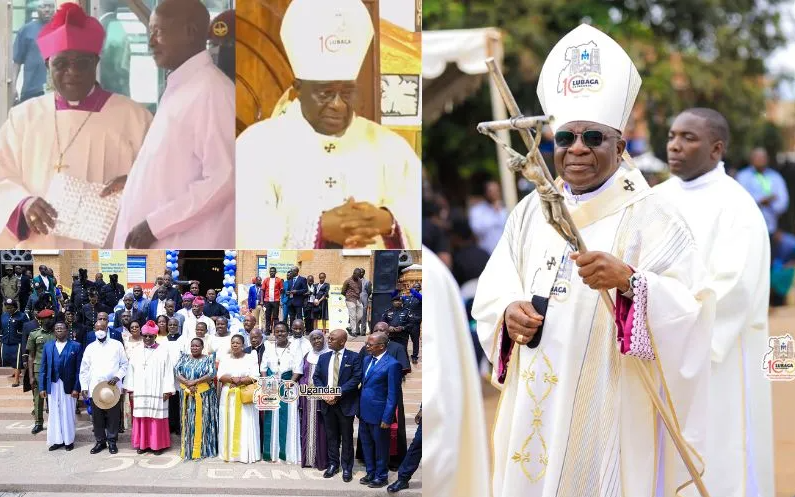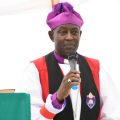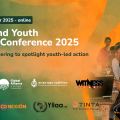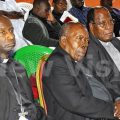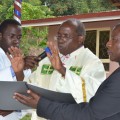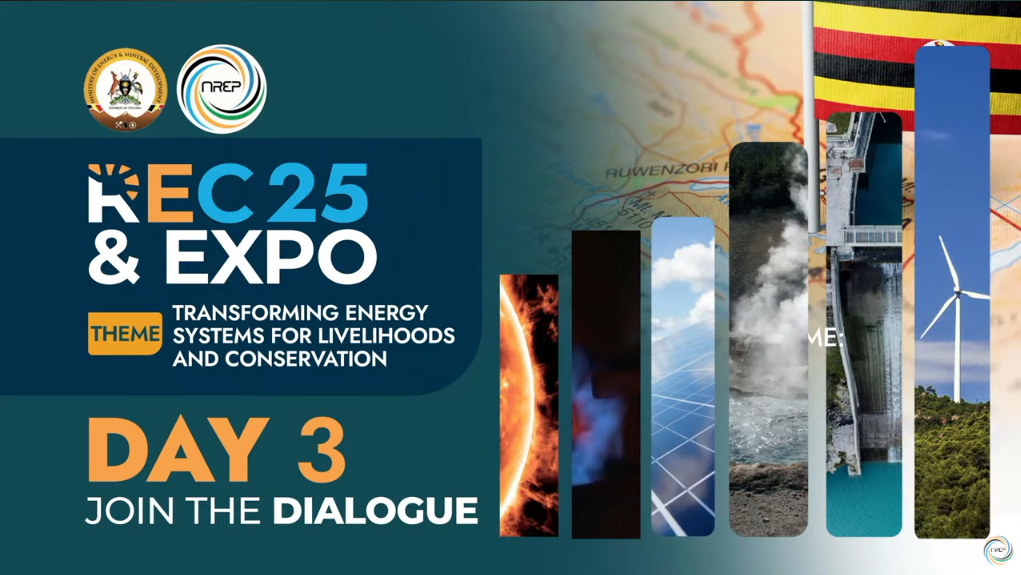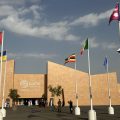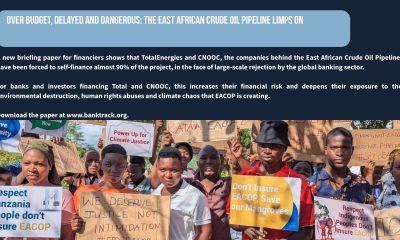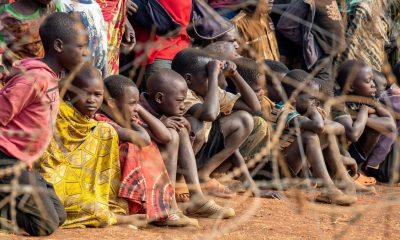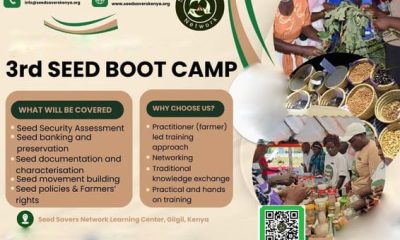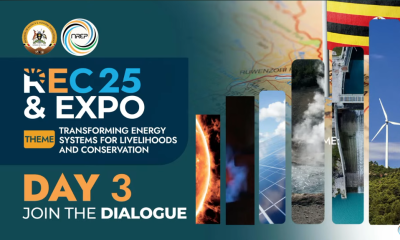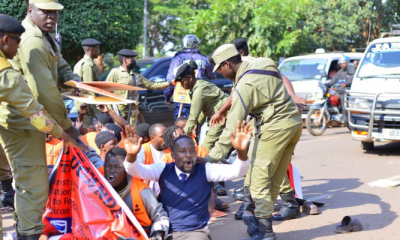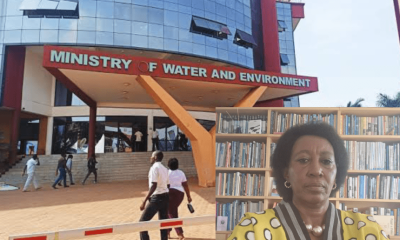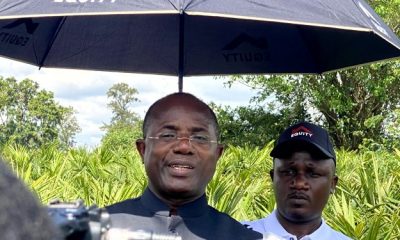By Witness Radio and WoMin teams.
Hundreds of African women activists and climate leaders who attended the week-long Women’s Climate Assembly (WCA), held alongside the African People’s Counter COP (APCC) in Saly, Senegal, have declared to fiercely protect Africa’s natural resources from the rampant exploitation by countries in the Global North.
The Pan-African radical space ignited a powerful collective movement, uniting Africans most deeply affected by rampant resource extraction and ecological destruction, forging a path toward true environmental justice and liberation for Africa’s people.
The WCA highlighted African women’s central role in defending the continent’s natural resources, which countries in the Global North have long exploited. Activists and leaders called for urgent action to protect Africa’s wealth, including minerals like cobalt and lithium, oil, and vast tracts of forested land, which have fueled global industries while devastating local environments.
Activist Ndieme Ndong from Senegal spoke ardently about this exploitation: “All the wealth is coming from Africa. Gold, phosphate, oil, cobalt – everything is coming from Africa. But foreign powers bribe our leaders and rob us of our resources. If we look at all the wealth in Europe, all the wealth they are using in the factories and plants in Europe, everything comes from Africa.”
Held alongside the African People’s Counter COP, this annual assembly set a powerful precedent for future collaborations and united efforts toward a more just and sustainable future for Africa and the world. The activists noted that women have often been sidelined in climate advocacy despite the devastating effects Africa and the rest of the world are facing.
“The 2024 Women’s Climate Assembly has demonstrated that when women unite, they can be a powerful force for change. African women are determined to ensure that their demands and impactful organizing in the fight against the climate crisis are both heard and seen.” The activists mentioned in a statement released shortly after the event.
The assembly also served as a powerful platform for African women to demand gender-responsive climate policies. Africa continues to bear the brunt of climate change’s worst consequences as harmful development models driven by Global North companies, such as cobalt and lithium mining fuel conflict in the Democratic Republic of the Congo, oil pollution in the Niger Delta, forest and land grabs for monoculture farming in Cameroon and Uganda among others, and polluted water sources have intensified the call for environmental change. These destructive practices are driving African women, who are disproportionately affected, to lead the resistance.
“In my village in Côte d’Ivoire, if we want to get outside our community, we need a gate pass to explain why we are going out. When we are in our village, you cannot move your goods freely. There are guards, uniformed men, always in yellow, who monitor movements on behalf of the palm oil company. Many women have been arrested and put in prison by these wicked multinationals just because they are picking fruits of the palm for themselves. This is OUR land. We had to do something. We had to fight for the liberation of these women. So, as women, we organized.” – Josiane Boyo, from Cote d’Ivoire, revealed.
Ahead of COP29 in Azerbaijan this November, the WCA and APCC emphasized the critical need to include African women’s voices in global climate negotiations. African women are leading the push for sustainable solutions, demanding the right to say “NO” to harmful extractive and development projects, reparations for environmental damage, and advocating for an end to the climate debt that has burdened their communities.
Over 120 women activists and leaders from across Africa met from October 7th to 11th under the theme “African Women Rise to Defend their Lands, Oceans, and Forests. ” The assembly emphasized the power of women’s leadership in confronting Africa’s most pressing environmental challenges.
The assembly was organized by a steering group of women’s movements, grassroots networks, and a few NGOs working in solidarity with women in resistance, and 200 women from across West, Central, East, and Southern Africa were gathered last year. The delegates, representing 70 communities and organizations from 17 countries, are at the forefront of resistance against large development projects that extract and exploit Africa’s natural resource wealth at the expense of people and the planet.

